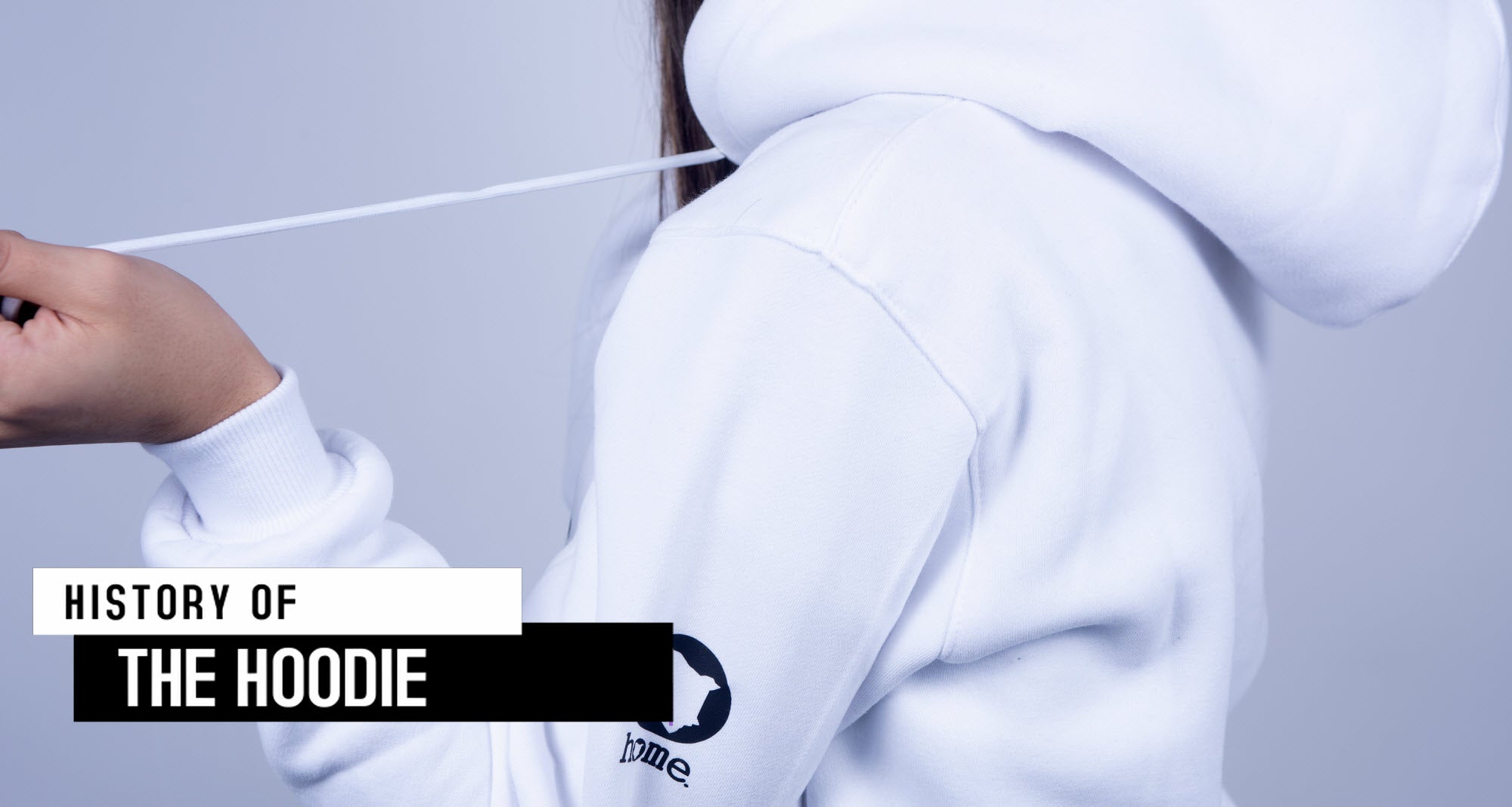A hoodie developed from a practical garment to a statement fashion. Even though, basic in its design, it encompasses utility and comfort.
In 1919, in Rochester NY, Simon Feinbloom and his two sons Bill and Abe started the company that is credited with rise of a hoodie from practical to popular. The Knickerbocker Knitting Company (today known as 'Champion') initially produced protective wool underwear for warehouse workers to protect them from cold, thus at the time hooded sweatshirts were associated with labour.
University of Michigan noticed the durability of Knickerbocker’s apparel and invited the company to make sweatshirts for its numerous sports teams. This was the brothers’ first major success. The brand was suddenly involved in the first major push to regulate sports team uniforms.
The sweatshirts spread to a large scale outside university campuses and training grounds and were slowly adopted by the non-athletes on college campuses. Champion set to work, ultimately producing the now-famous “reverse-weave” sweatshirts. Reverse-weave knits are made of a heavy-duty cotton fleece and are cut on the cross-grain, a deceptively simple way to prevent vertical shrinkage. Elasticated cuffs and waists were added to crew-necks to retain precious body-heat.
In 1930 Knickerboxer was renamed as Champion Knitting Mills and in the 40s started supplying athletic apparel and T-shirts to US troops. There were adopted after World War II as practical clothes for training.

Like in many other garments, the popularity of hoodie was strengthen by celebrities. Muhammad Ali was spotted wearing a white hoodie before his historical fight at London Wembley Stadium in 1963.
Sweatshirts, specifically hoodies were suddenly associated with a brand-new genre of superstar: the Hip-hop artist. The revolutionary new wave of music that began in New York would become inextricably tied to the hoodie.
From about 2015 hoodies started entering the world of high fashion. In Habibi London we want to showcase this unique garment's biggest advantages: practicability and style.

